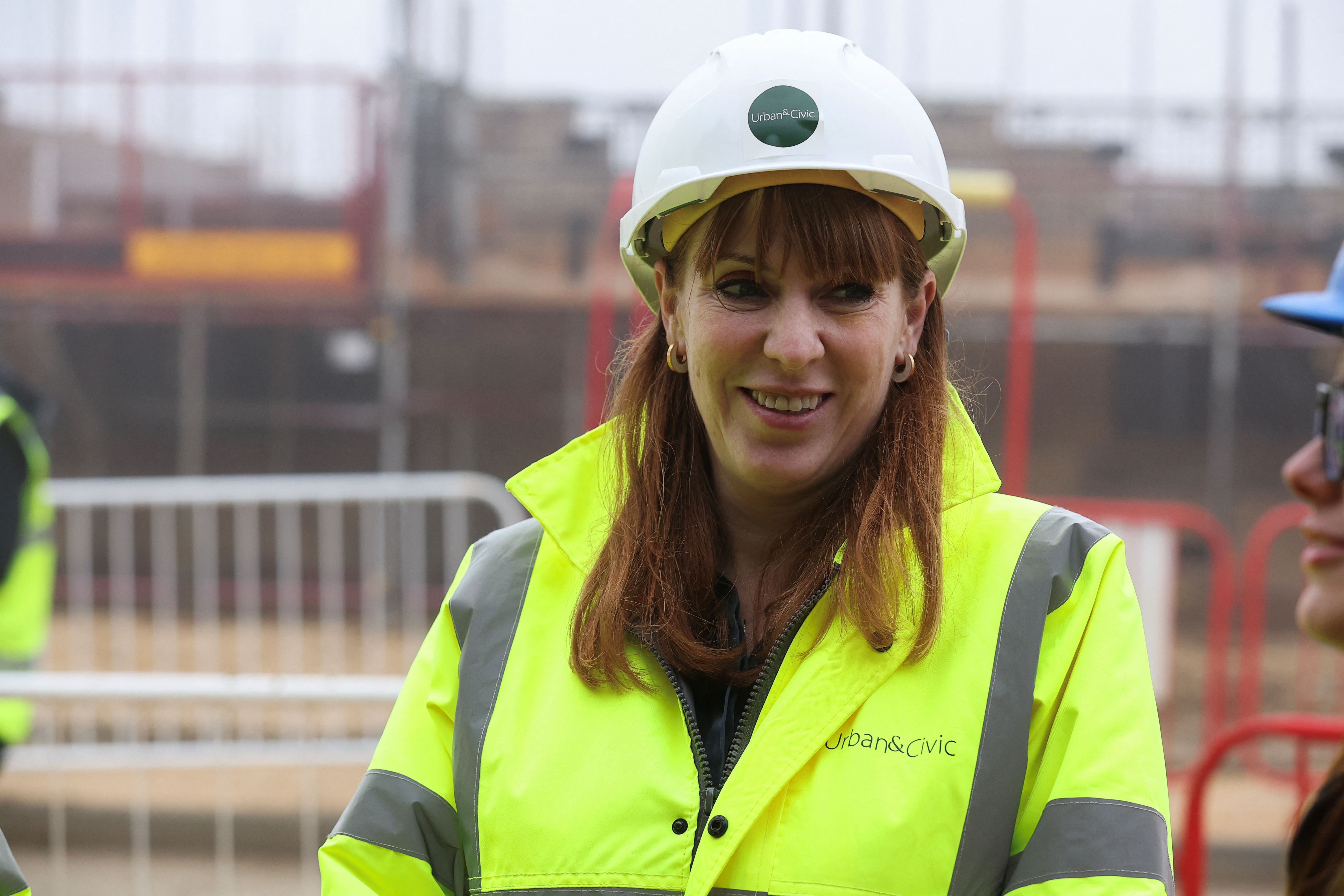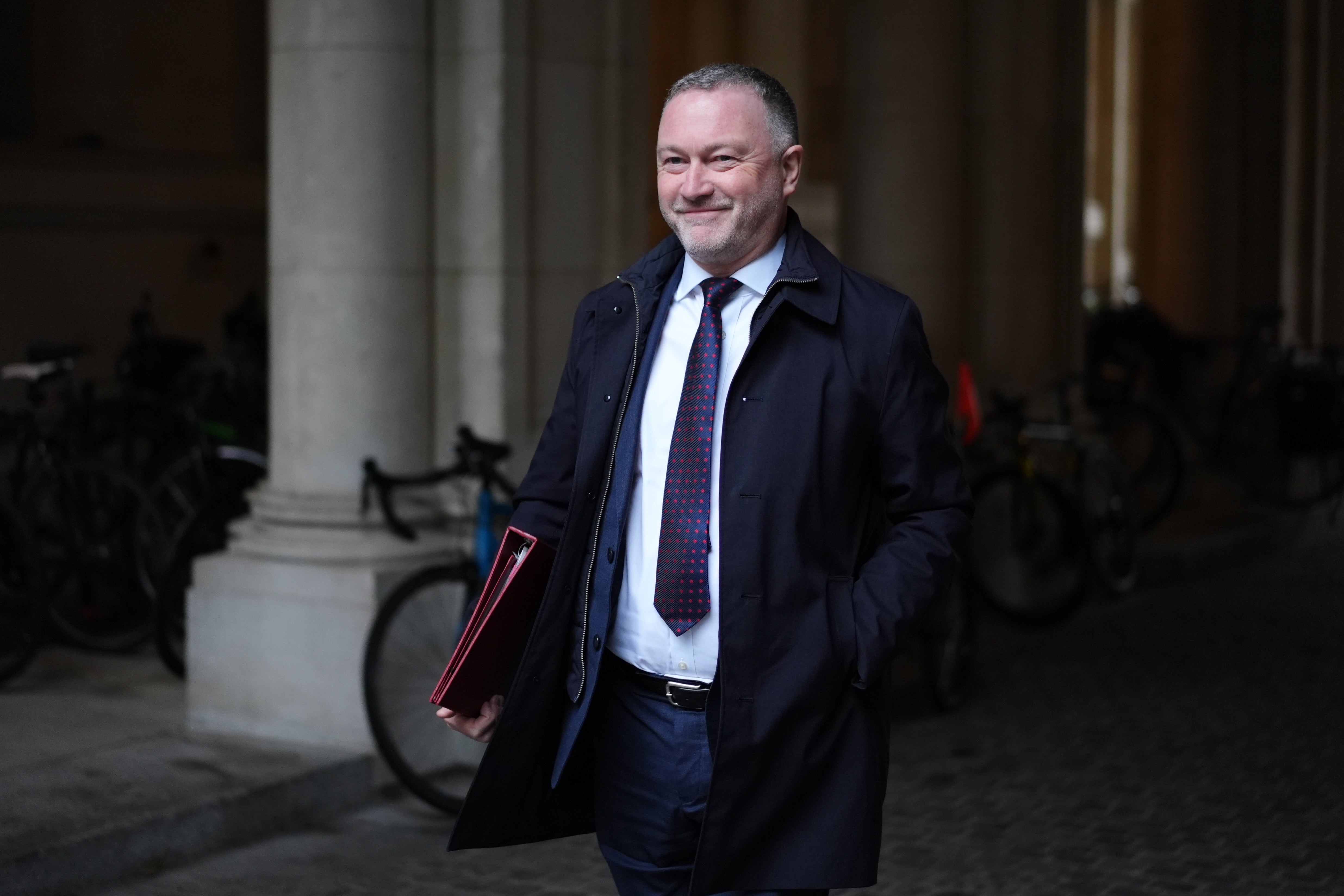
Labour will strip environmental watchdogs of their power to delay major house building and infrastructure projects under new laws to boost growth.
In the government’s latest push to grow the economy, regulators will no longer be able to demand developers mitigate the environmental impact of new buildings before they can be constructed.
Developers will instead be made to pay into a new fund for “nature restoration” to offset any potential damage, allowing them to proceed with new construction without delay.

Announcing the changes, environment secretary Steve Reed said nature and development have “been unnecessarily pitted against each other for too”.
He said the current system is blocking economic growth, Labour’s number one priority, while doing nothing for nature’s recovery.
“These reforms will unblock infrastructure projects while protecting the natural environment we all depend on,” Mr Reed said. Deputy prime minister and housing secretary Angela Rayner said the current system had left “vital infrastructure being held up year after year”.
“That’s why we are taking a new approach to reversing this decline so developers can meet their environmental obligations at pace while removing needless barriers to build the infrastructure that local communities are crying out for,” Ms Rayner added.
The changes will help as many as 150 major road, rail and energy projects get the go-ahead by 2030, the Department for Environment Food & Rural Affairs (Defra) said.

Current force infrastructure projects and housing developments to mitigate against environmental harm and protected sites and species before they are awarded planning permission. The rules can lead to huge costs and lengthy delays to projects.
Former prime minister Boris Johnson’s plans to build a swimming pool at his country manor were held up by the need to protect newts in his garden.
And last year it emerged HS2 Ltd was spending more than £100m building a 1km-long “shed” for bats to protect them from the high speed rail line.
Under the new system, developers will pay into the Nature Restoration Fund, with the proceeds being used for more significant interventions nationally to protect the environment.
The rule change is to be included in the Planning and Infrastructure Bill when it comes before parliament this year.
The change comes as Rachel Reeves desperately fights to inject growth into the UK’s sluggish economy. The government has so far failed on its promise for Britain’s economy to have the fastest sustained growth in the G7.
And recent turbulence in government borrowing costs and the value of the pound have only added to fears about the state of the economy, with Ms Reeves plotting a series of brutal cuts in an upcoming spending review.
She has said the rising cost of borrowing and falling value of the pound only underlined the need to go “further and faster” in search of economic growth.







